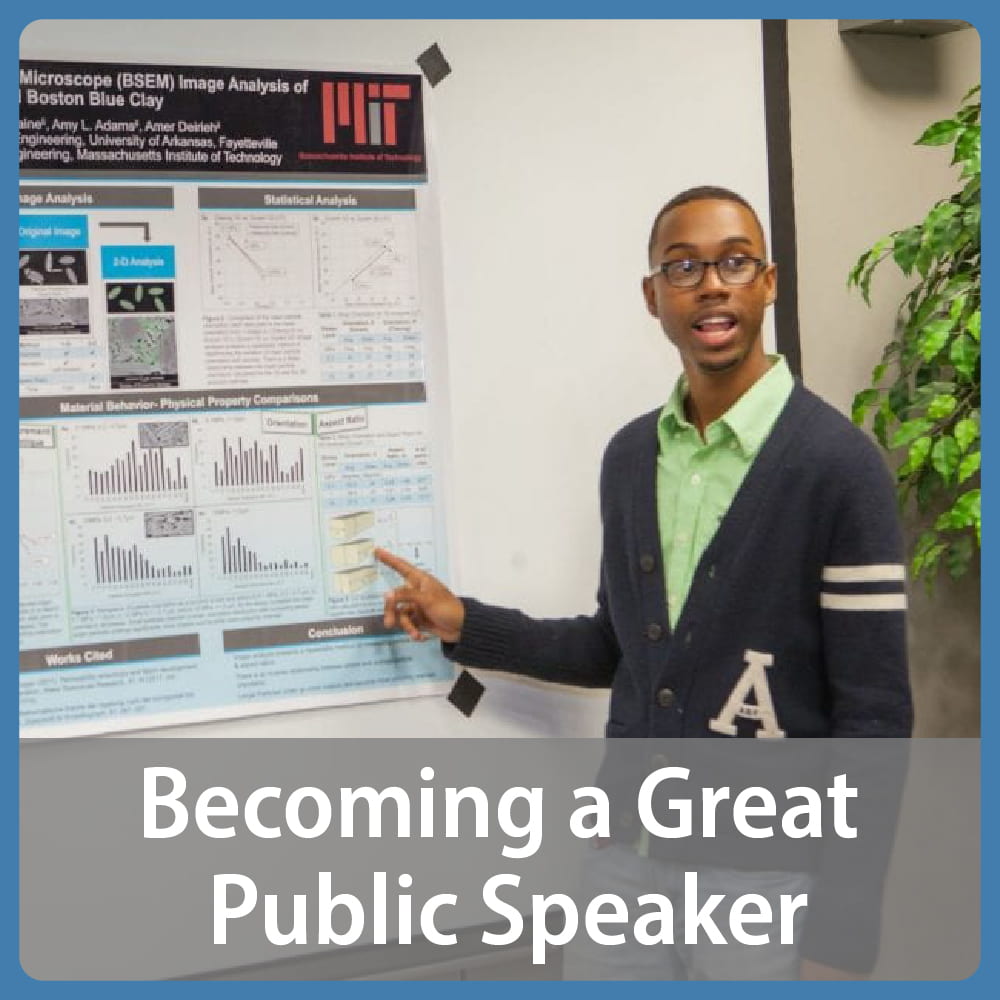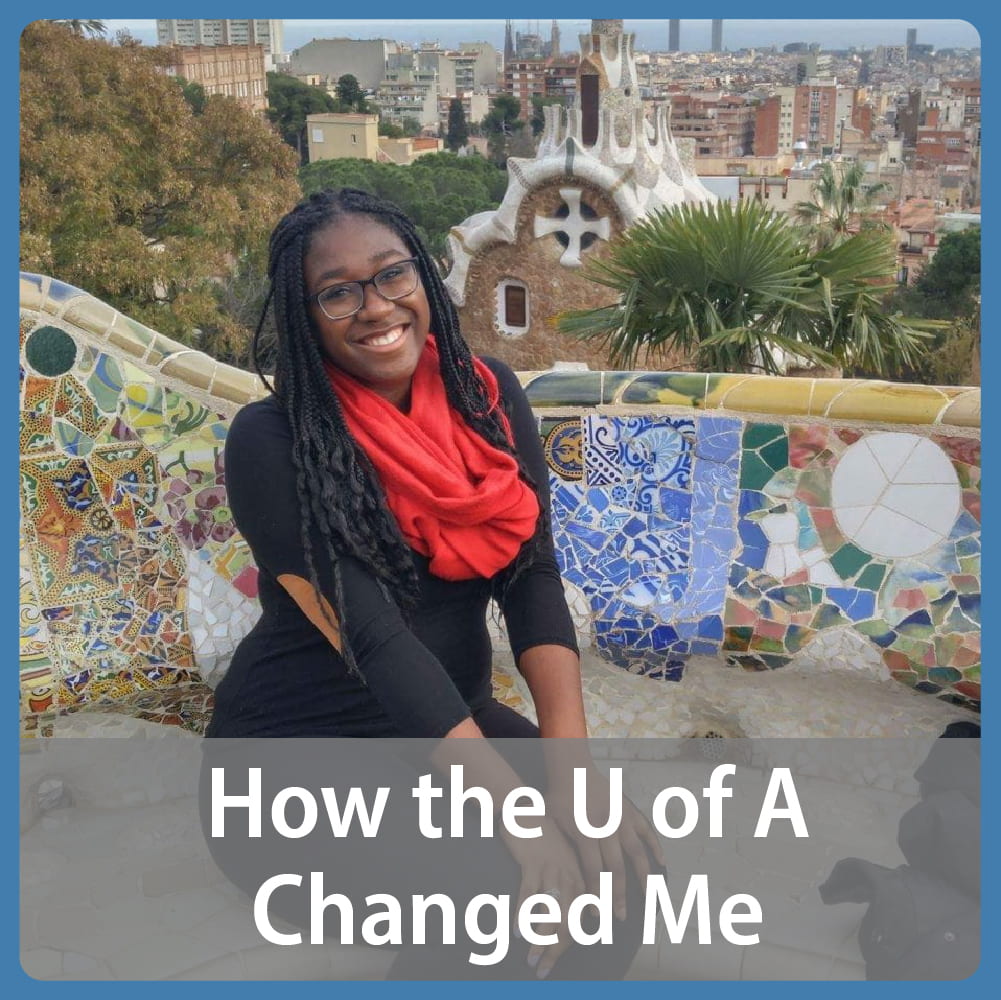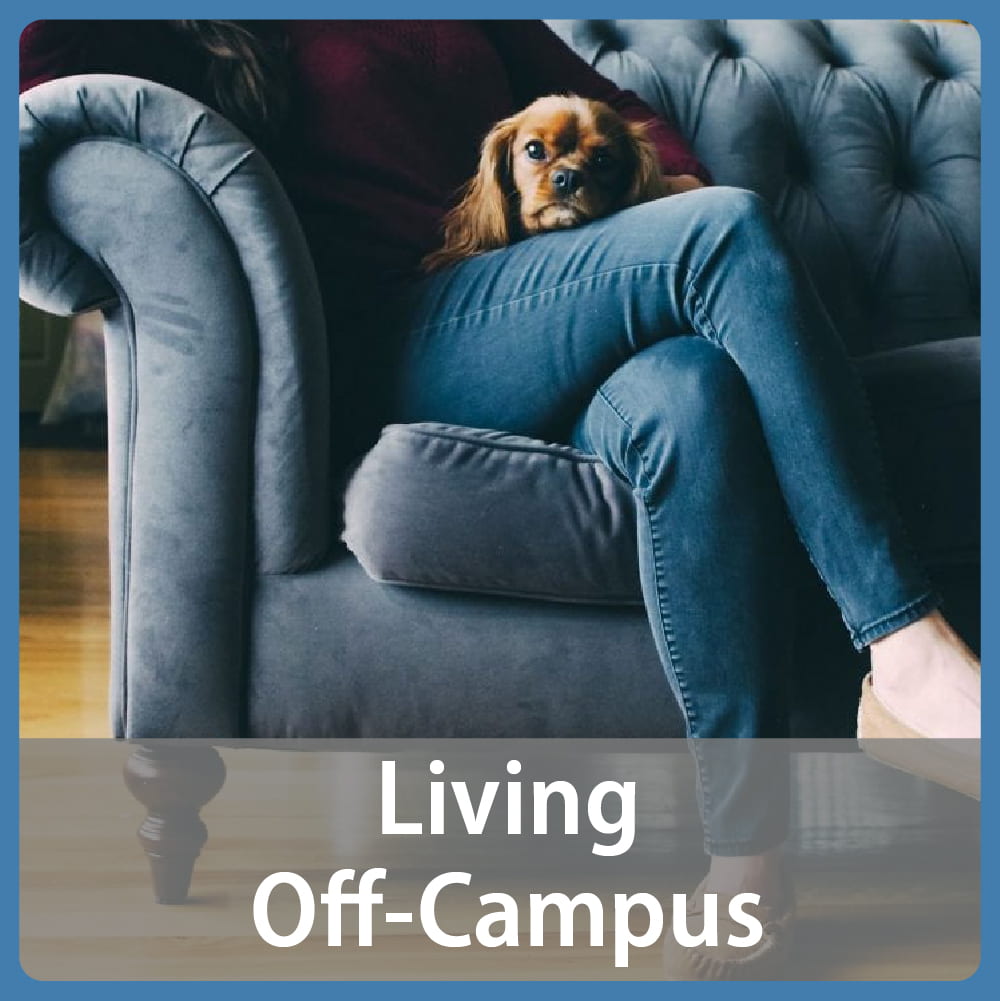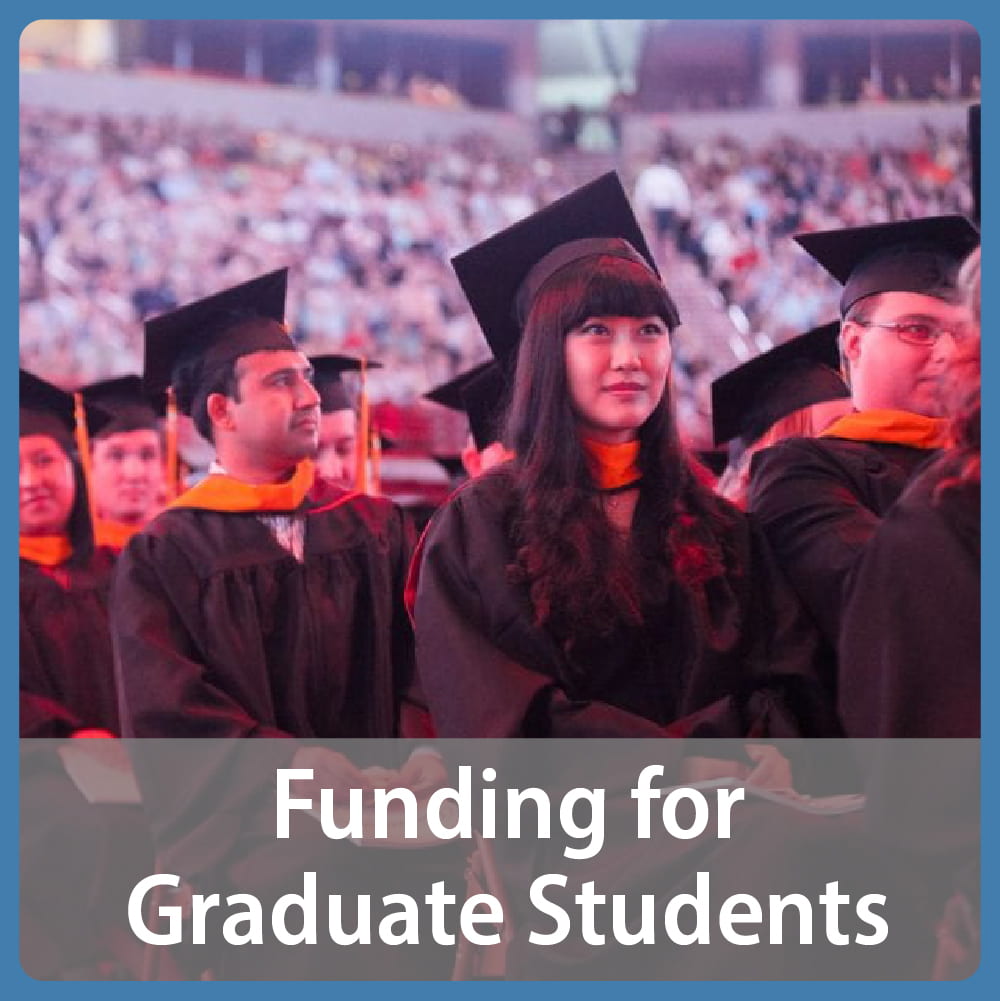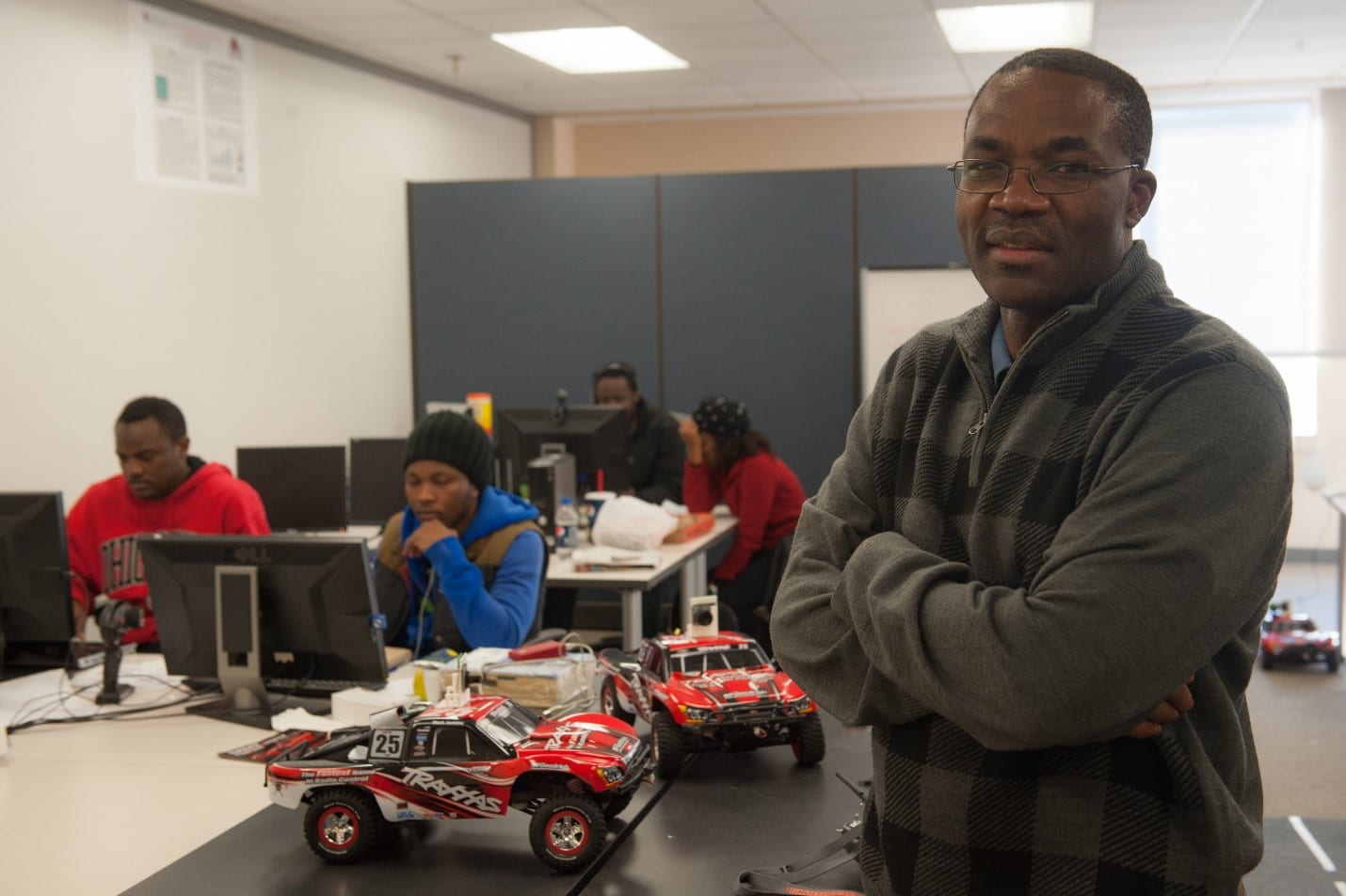
Q: What is your academic and/or professional background?
A: I received my bachelor’s degree in mathematics from the University of Yaoundé, Cameroon. I received my master’s and Ph.D. degrees in computer science from the University of Paderborn in Germany. Since then I have been doing computer engineering, embedded systems, FPGA, and computer architecture. I always focus on optimization system from the stand point of the application, trying to find the best architecturally suitable way to compute in regard to power, performance, cost and many other factors.
Q: Did you always know that you wanted to teach? How did you become a professor?
A: Yes. This is something that I knew since I was a kid. I used to be an evening teacher when I was in high school. And high school in Cameroon, where I grew up, is not like how it is here. High school starts at the middle school age. When I was getting my bachelor’s, one of my brother’s failed a test twice, so I would correct his problems. I always knew that I would become a professor.
Q: What is your role within your department?
A: I teach and do research. I teach a variety of classes for undergraduates including operating systems, embedded systems, and computer architecture. For graduates, I usually relate the course to my research like advanced operating systems, advanced computer architecture, and reconfigurable computing.
Q: Can you describe the program?
A: The Computer Science and Computer Engineering Department at the University of Arkansas offers high quality undergraduate and graduate computer science and computer engineering degree programs. Our programs are growing rapidly to meet our state’s and society’s needs for talented professionals in computing technology in both hardware and software. Our student population has more than doubled from 2010 to 2015. Both of our undergraduate programs in computer science and computer engineering are ABET accredited. The Computer Science and Computer Engineering Department is a proud provider of the state of Arkansas’ only PhD program in the areas of computer science and computer engineering.
Q: Are you involved in any research at the moment?
A: Forty percent of our time is devoted to research, another forty percent is devoted to teaching, and the remaining twenty percent is service. We do research in computer architecture and embedded systems. Right now we have a project using multi-camera to track people for shoplifting security. We have another project on designing optimal architectural for cloud computing. It’s always computer architecturally centered used with application, trying to provide the best computational platform.
Q: What opportunities are available to students (internships, research opportunities, assistantships, etc.)? Where can they find out about these opportunities?
A: We usually have a lot of opportunity here. It always depends on how active your research faculties are and what project they bring in. Students have the chance to work on very innovative stuff in next generation technology.
Q: Where are your recent graduates now? (Employment, graduate school, etc.)
A: All my students have been placed in very great companies. In fact, just last week my former Ph.D. student who graduated in May got a job at Intel in Santa Clara, CA with a starting salary that is higher than mine. One of my Master’s students from India just called me two days ago and said he got a job in Bangalore. Our students have opportunities in places like Apple, Google, Intel, and Texas Instrument.
Q: What are the most challenging and the most rewarding parts of your job?
A: The most challenging part of my job is having people accept the idea that we spend a lot of time developing the preliminary work in order to push it in a new direction. It is very tough to get funding so we have to do a lot of preliminary work. You have to then convince somebody based on a 15 page proposal that your work is the best one and they should fund you. Regarding teaching, what gives me the most joy is getting to see a student walk into my lab with no knowledge at all, but after one month having the students talk to me in terms of systems terminology. Seeing a student go from knowing nothing to becoming an expert, and start challenging us [professors] in what we are doing gives me a lot of joy.
Q: What is your best memory or favorite part of your job from your time at the U of A?
A: This year was a very successful year: we got funding for our research, and students who graduated all got jobs.
Q: What is your favorite part about Arkansas/NWA/Fayetteville?
A: I have been here five years, but I’ve spent most of that time working. I’m almost embarrassed to say that. When I first came here, I was very excited about boating on Beaver Lake and camping the Buffalo River with my kids. However, I’ve only been there once. Hopefully in the coming years that will change.
Q: What is your favorite part about working with international students?
A: I work a lot with international students. I, myself, am from abroad. I came here and I still have a lot of collaboration with friends back home. My favorite part of working with international students is how students I don’t know approach me via email from places like Mexico, Brazil, and France, and then end up coming here a few months later. Since I’ve been here, we have received over fifty international students interning in my lab.
Q: Do you have any advice for prospective and/or current students?
A: If you want to study computer engineering, start studying a little bit of engineering in high school. Look into robotics, and understand processes. I’m not saying this is the prerequisite, but if you want to study it, you need to be prepared. Students should also seek support by talking to faculty. We are very open; send us an email requesting a time to talk and we will be there to provide you all the advice that you need.
Q: What is your favorite quote or what motto do you live by?
A: I have a lot of influencers. Steve Jobs’ commitment to what he was doing and his dedication to becoming the best of the best was inspiring. Also, Einstein was always trying to swim upwards, in a different direction, trying to exceed. Incremental advance is not something that I like, but instead something totally ground breaking.
Q: What is your favorite place you’ve visited?
A: My favorite place in the world is Rio de Janeiro. I spent time on the beaches of Copacabana. The people were so open to everybody.
Dr. Bobda was recently named honorary professor by Brandenburg Technical University.
“The position comes with many benefits for all participants,” Bobda explained. “It increases my access to funds that can benefit my students at BTU and would provide travel funding for Arkansas students, while it provides BTU with additional teaching and research. Second, I will be working with talented international students, who may be interested in pursuing graduate studies in Arkansas. Third, the University of Arkansas gets more exposure, and could benefit from the results of our collaborative research.”




